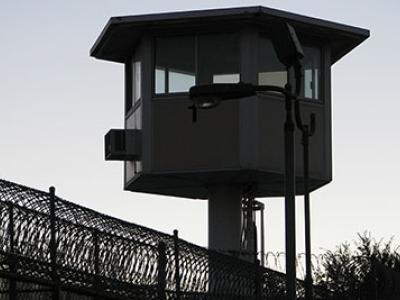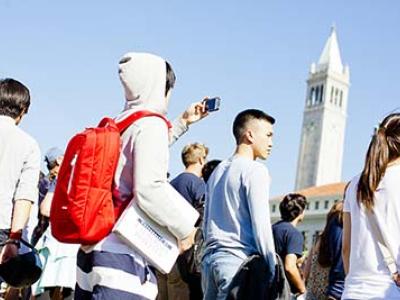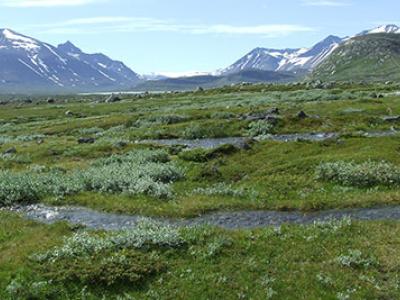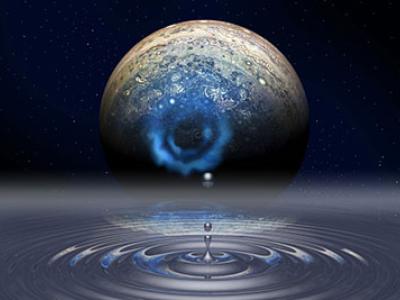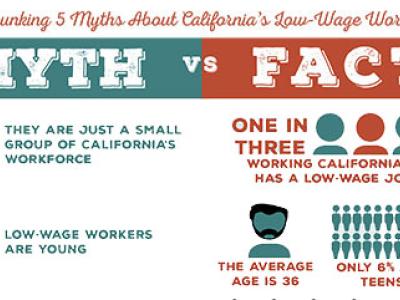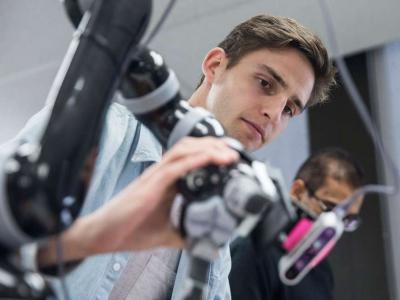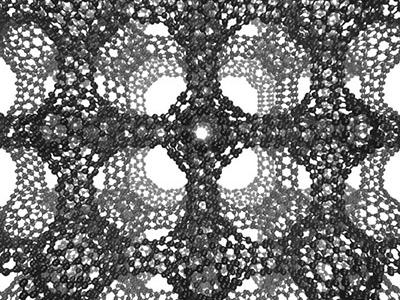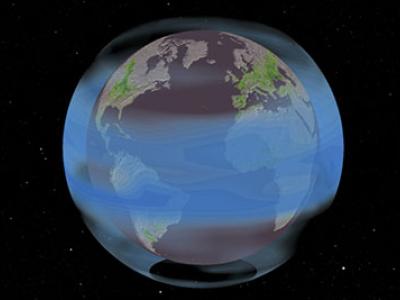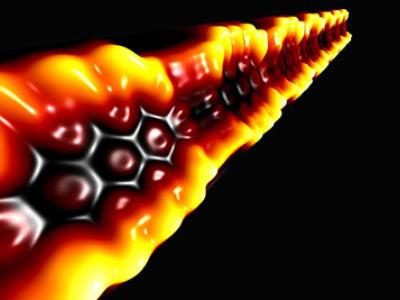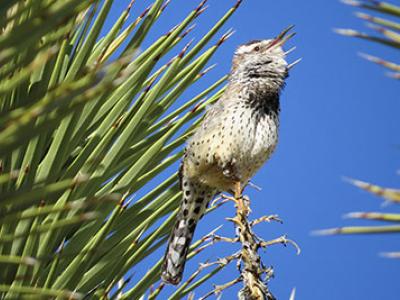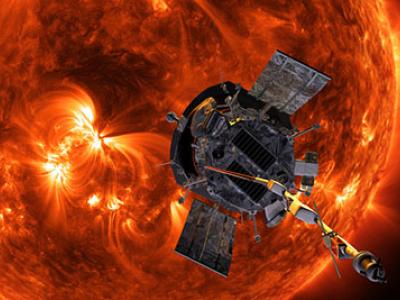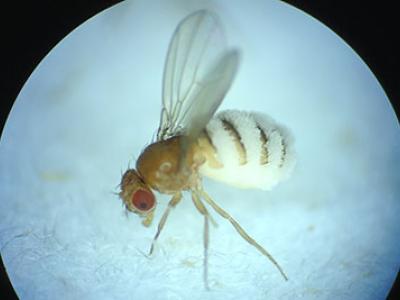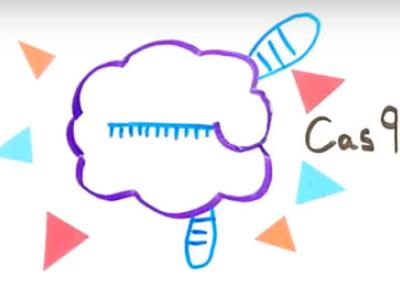A first-of-its kind report states that California’s correctional officers are regularly exposed to traumatic events that make them more likely to grapple with depression, PTSD and suicidal thoughts.
Research News
Learn more about UC Berkeley's researchers and innovators.
Showing 1793 - 1808 of 3514 Results
After years of sagging funding and rising enrollment, the University of California system is nearing a “tipping point” where it cannot continue to grow with California’s population and labor needs without seeking new revenues and state reinvestment.
As temperatures in the Arctic rise in response to climate change, vegetation has invaded areas once too frigid to support plant life.
A long-term study led by UC Berkeley and the University of Washington tracked how hundreds of species in Carrizo Plain National Monument valley fared during the historic drought that struck California from 2012 to 2015. It shows surprising winners and losers, uncovering patterns that may be relevant for climate change.
Bombarding hydrogen - to reproduce what happens to the gas under the intense pressures at the core of giant planets - turns it into a shiny metal.
UC Berkeley's Labor Center offers an in-depth look at the people who make up California’s low-wage workforce.
SkyDeck, UC Berkeley's accelerator and incubator, is accelerating its own growth. A new venture fund enables SkyDeck to invest $100,000 in the companies in its accelerator, and its accepting a broader and more global range of entrepreneurs, tripling its adviser group and doubling its office size.
Poor sleep can literally kill your social life. UC Berkeley researchers have found that sleep-deprived people feel lonelier and less inclined to engage with others, avoiding close contact in much the same way as people with social anxiety.
he discovery of buckyballs surprised and delighted chemists in the 1980s, nanotubes jazzed physicists in the 1990s, and graphene charged up materials scientists in the 2000s, but one nanoscale carbon structure – a negatively curved surface called a schwarzite – has eluded everyone. Until now.
While lowering Earth's temperature reduces heat stress on crops, decreased solar intensity reduces crop yield. They cancel one another.
UC Berkeley scientists have discovered possible role for narrow strips of graphene, called nanoribbons, as nanoscale electron traps with potential applications in quantum computers.
Bird communities in the Mojave Desert straddling the California/Nevada border have collapsed over the past 100 years, most likely because of lower rainfall due to climate change.
Instruments built by UC Berkeley space scientist will fly aboard the Parker Solar Probe to explore the hot atmosphere of the sun.
Shaking hands can improve the outcome of negotiations for both sides.
Carolyn Elya discovered the puppet-master on the balcony of her Berkeley apartment. It was a fungus that infects fruit flies, invading their nervous system and eating them from the inside out.
Despite high hopes and high investment in CRISPR-Cas9 gene editing, scientists still have a lot to learn about how it works in humans.

